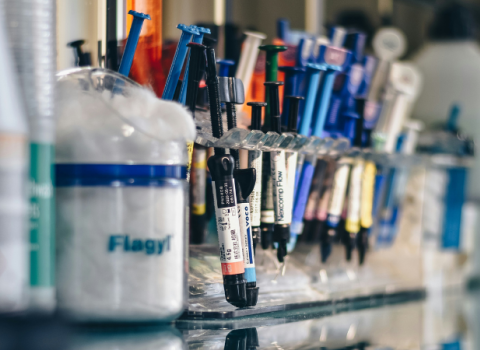Karolinska Institutet has received a donation of SEK 50 million (€4.9 million) from Märit and Hans Rausing for a large-scale research project on breast cancer.
“We are very happy to be donating money to the fight against breast cancer, especially in light of our own family history,” says Märit Rausing. “Hans's mother and grandmother both died of the disease, and his father, Ruben, put considerable effort into finding a cure.”
“If we are to prevent healthy individuals from falling sick, we need to know the causative factors,” says Per Hall, who will be leading the study, in corporation with Jonas Bergh. “This, in turn, will make it possible to take more effective preventative measures.”
While in recent years preventative measures have proved highly successful in many areas of medicine, such as heart disease, similar progress has not been made in cancer. Now, with Märit and Hans Rausing’s Breast Cancer Initiative, Karolinska Institutet is confident that advances can be made by focusing on the healthy individual and the early stages of the disease.
“The Karolinska Institutet’s [...] unique competencies in the field were, of course, a key deciding factor in our choice of recipient,” says Hans Rausing. “But it was also important to put the money into a research project that we know will quickly convert its results into new treatment methods and thus be of benefit to both healthcare and the wider community.”
Karolinska president Harriet Wallberg-Henriksson welcomed the initiative, which comes as Karolinska starts to celebrate its 200th year. “The Rausings’ generous donation will give us resources for a study that will generate information that is unique in the world, and that will give scientists fantastic new opportunities to make breakthroughs in the diagnosis and treatment of [...] breast cancer,” she said.
Hans Rausing was CEO and/or chairman of the family-owned packaging company Tetra Pak, later Tetra Laval, for 37 years.





 A unique international forum for public research organisations and companies to connect their external engagement with strategic interests around their R&D system.
A unique international forum for public research organisations and companies to connect their external engagement with strategic interests around their R&D system.